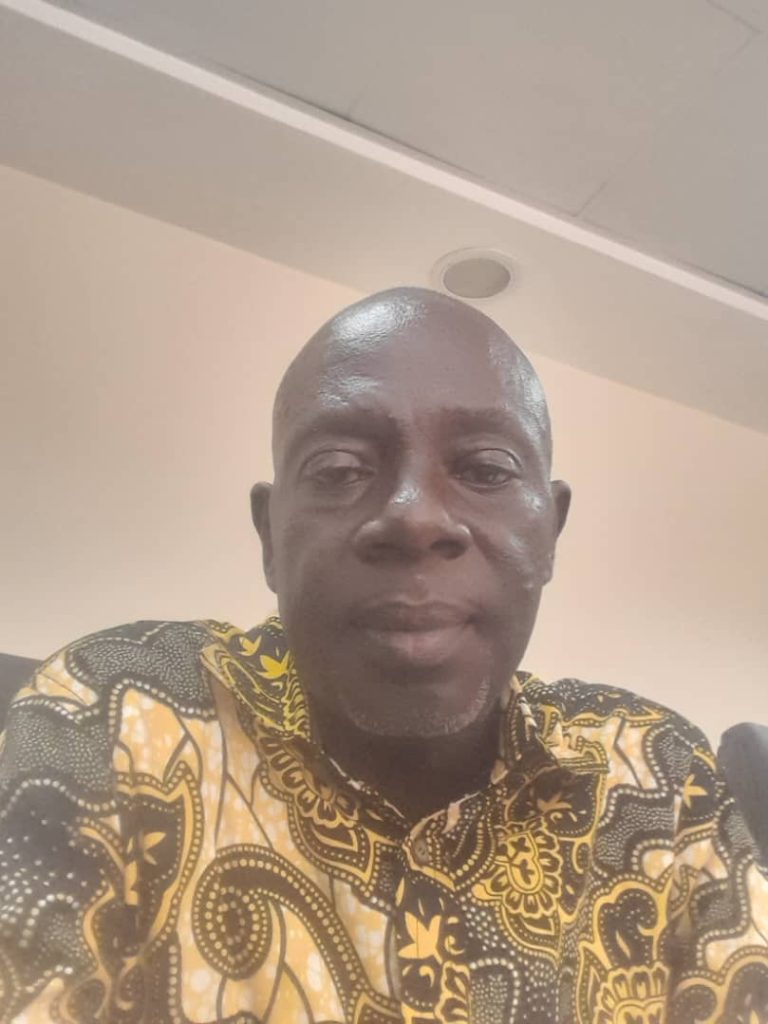By Christiana Afua Nyarko, GNA
Accra, June 10, GNA – Mr Kojo Baffuor Ahenkorah, President of the Renal Patient Association of Ghana, says he is optimistic that, the free dialysis programme rolled out by the National Health Insurance Authority (NHIA) will be sustained.
Mr Ahenkorah, who has been on dialysis for ten years, showed gratitude to government for heeding their calls for help.
He, however, hoped that the programme would not end up as a political gimmick and cease to operate after the six-month trial, thus sending patients to the old dilemma of not being able to afford the session.
“They have made us understand that it is a start. I hope and believe it is not a political gimmick. We are just hoping that it will not end after the six months and then come back to our predicament of suffering. We are praying it continues,” he said in an interview with the Ghana News Agency.

On the 1st of June 2024, the NHIA in a press statement announced a free six-month dialysis support programme for renal patients from June to December 2024.
The programme will support high-risk populations of renal patients under the age of 18 years and those over 60 years by offering eight free dialysis sessions monthly.
Additionally, the programme partially covers patients between the ages of 18 and 59 years who would receive two free dialysis sessions a month at designated public hospitals nationwide. Over two million cedis was allocated for the programme.
Mr. Ahenkorah further responded to questions on why the renal unit of Korle-Bu, the country’s premier hospital, received only a subsidized version of the free dialysis programme.
He explained that the association, since 2017, had sought sponsorship from First Sky Group who through their act of philanthropy paid the cost of dialysis sessions for patients until the Covid era when it became irregular.
This resulted in logistical constraints and caused intermittent temporal shutdowns and reopening of the renal unit at that time and in 2023.
The situation, he explained, led to the sharp increase in the cost of dialysis earlier this year. This provoked a public outcry at which the government was compelled to intervene.
“…Fortunately for us, one of our members who sought financial sponsorship for a transplant knew a man who owned a company named First Sky Group. The sponsor, realizing the suffering of many others upon a visit to the unit, decided to help us by paying for sessions and for people who owed. The philanthropist beginning early 2016, paid for all dialysis at Korle-Bu continuously for seven years…. when it was reopened in October last year for dialysis to begin, patients were made pay for their own dialysis sessions.
It was within this period that a sharp increment from 380 to 760.42 cedis was made. We had serious issues as a result but, thank God Government came to our rescue,” he said.
He further explained how they were informed at an NHIA Committee meeting of continuous payment by First Sky Group; a package not enjoyed by other renal units of major hospitals nationwide, thus the move by the NHIA to offer a top up on the philanthropic efforts.
“When this matter came up, the NHIA did a double check on this man and he said he is still paying for us…they said we are getting philanthropic support and the other hospitals don’t have same so what they would do is to top up the 380 cedis old cost paid by the philanthropist, to the current price charge of 491 cedis. That is how come the subsidy was given Korle-Bu,” he said
The free dialysis initiative followed the approval of over two million cedis by Parliament to help renal patients nationwide.
The Patients Association of Ghana states more than 1,700 persons are on dialysis with the majority between ages 18-59 years whom the programme has awarded only two free sessions.
Michael Asante, a 34-year-old man on dialysis for seven years, in an interview with the GNA, questioned why he was charged the current 491 cedis despite the presence of the 380 cedis philanthropic support and the NHIA’s subsidy package which included two free dialysis sessions.
“If there is a philanthropist paying 380 cedis and government through NHIA is topping up the difference plus two free sessions, then why are we being still charged 491 cedis? They are not given us the two free sessions because I am told it has not been communicated to the hospital. We don’t get it. Korle-Bu should explain what is going on,” he said.
In his response to the Association, Dr Aboagye Da-Costa, the CEO of the NHIA dispelled fears of the programme becoming unsustainable and a mere “political gimmick”.
“I can assure Ghanaians that there is no politics attached to this because at the end of the day, the people suffering cut across all political, ethnic and religious affiliations. The mission is to support Ghanaians. In fact, are we saying that parliament approved this on a political basis? It is never true. We want this initiative to be out of politics… to support the needy and vulnerable in society,” he said.
He explained further that “there was always a pilot phase to every programme rolled out by the NHIA and as an expert, he would ensure that the scheme would be sustainable over many years.
He also assured patients who were charged the full cost for dialysis at Korle-Bu despite the commencement of the programme of a full refund soon.
GNA